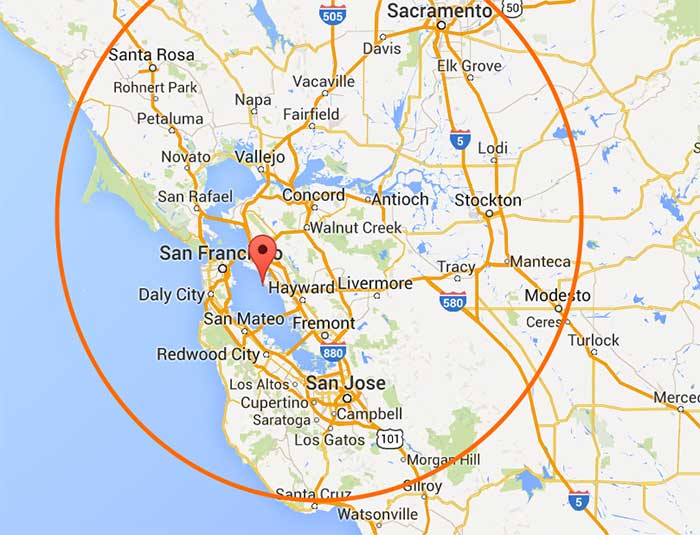Caring For HVAC Systems In Coastal Environments
Living near the ocean has its benefits and challenges. You might deal with strong ocean winds. But you can walk on the beach and go fishing any time you want. Your home is also affected by the ocean air. Your Bay Area HVAC unit may corrode earlier than it should because the salt air attracts moisture. Learn more about taking care of your system to get the most out of it.
What You Can Do To Help
Aluminum, steel and copper degrade faster in coastal climates. Your HVAC system contains all these metals. The sandier soils near the coast cause dust and sand to get into the unit. Tropical storms cause damage to the unit. Limbs can fall on your Oakland HVAC or wind and hail can damage the unit.
Coastal HVAC Units Get Used A LOT
Because the climate on the ocean tends to be humid and warm, you probably run your air conditioning system longer than most people. This draws salt air into the unit, causing corrosion. Plus, you simply use the AC more, which shortens its lifespan. A San Jose HVAC company can help service your AC unit before it goes out.
Preventative Maintenance for Your HVAC Unit
The HVAC system of your home can be an investment. You can get more life out of your system when you take care of it.
- Change your filters at least once a month during heavy use or if you have a pet. This helps keep dust and sand out of the unit.
- Rinse the coils and fan blades on the outside unit to prevent salt buildup.
- Look for AC units that are made for coastal climates that have low-corrosive parts.
- Keep the area around the unit clear of debris and leaves. Rake leaves to prevent buildup.
- Don’t plant anything within two to three feet of the condenser unit.
- After a storm, check the unit for damage and debris. Remove broken limbs and leaves. Hose it down if it is covered with sand.
Enlist Bay Area HVAC Professionals
Technicians who understand climate-specific issues with your HVAC unit can help you keep your system working at its best. Contact Element Home Solutions for a FREE QUOTE.






